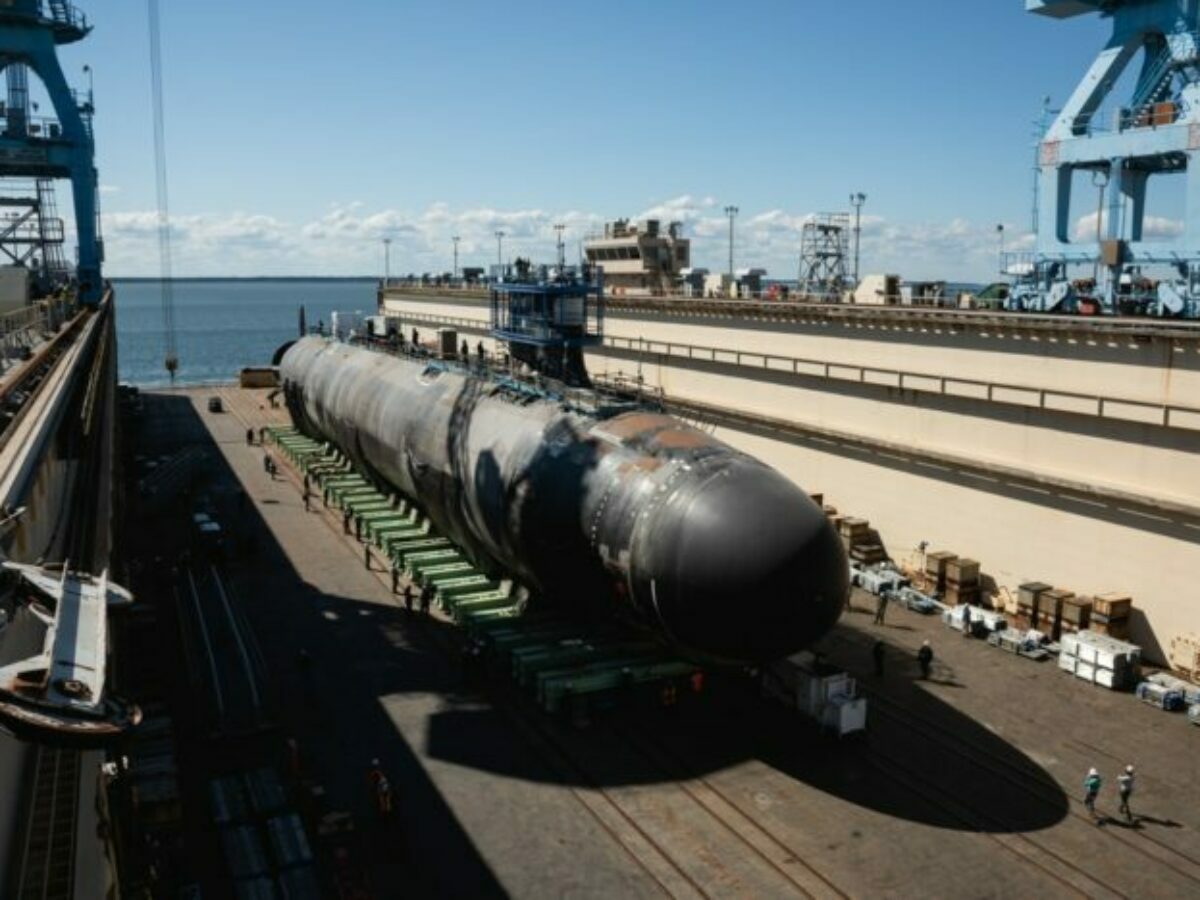The state government announced on Wednesday that it will support the prohibition of the future use of engineered stone in Western Australian workplaces, citing the risk of silicosis. A recent report from Safe Work Australia found there no known safe level of silica in engineered stone, and concluded the use of all engineered stone should be prohibited. The impact on business of a ban was also considered in the Safe Work Australia report. WA has recorded 48 cases of silicosis since 2018, and 43 involve workers employed in the engineered stone industry, based on reports to WorkSafe. How a ban could be introduced will be discussed at the next Work Health and Safety Ministers' meeting in December 2023. “The rate of silicosis, which is a serious and potentially fatal disease, in WA is unacceptable,” said industrial relations minister Bill Johnston.
University spots upped for AUKUS subs
An extra “4.001 Commonwealth supported places in STEM courses” have been added at 16 Australian universities to help grow the skills required to deliver the AUKUS nuclear-powered submarine pathway. The federal government said on Wednesday that it is spending $128 million on the places over four years, starting in 2024, and this will apply to 38 STEM-related courses. Students will be eligible to apply and commence their studies for STEM-related courses from the beginning of next year. 1,000 places will be allocated to South Australian universities. “As part of the allocation, universities were assessed against the ability of proposed courses to meet the increased demand for advanced technical skills” according to a joint statement from defence minister Richard Marles and education minister Jason Clare. “Other criteria included planned investments to engage quality teachers, the expected level of unmet demand from students, plans to support the expansion of enrolment levels and initiatives to increase participation of students from underrepresented backgrounds”. The most places went to University of Adelaide, with 700, followed by Melbourne's RMIT University (426) and University of Wollongong. More information can be seen here.
Researchers find cleaner atmosphere will maximise photovoltaic potential
New research from UNSW Sydney has shown reduced greenhouse gases and aerosols in the atmosphere could make solar panels more efficient and therefore save money. According to a statement from UNSW of Wednesday, research by their engineers concluded levels of atmospheric aerosols and GHG emissions will have a significant impact in the future on both the production of photovoltaic energy and associated costs. In their Renewable Energy journal paper, they conclude that variations in the climate system, depending on whether weak or strong action is taken globally to reduce emissions, will lead to changes in photovoltaic (PV) energy generation. Their analysis of complex computer simulations, known as Global Climate Models, indicates that the potential efficiency of PV in Australia – as well as North America and most of Asia – would be reduced due to decreased radiation and increasing temperatures. In contrast, the efficiency in Europe would be increased.
Australian Research Council Amendment bill introduced
On Wednesday the federal government introduced legislation aimed at improving the governance and independence of the Australian Research Council (ARC.) The Australian Research Council Amendment (Review Response) Bill 2023 implements recommendations of the ARC Review led by Professors Margaret Sheil, Susan Dodds, and Mark Hutchinson, with the federal government agreeing or agreeing in-principle to all of them. The new bill covers six of the recommendations. with the remaining four requiring no legislation. The Bill establishes an independent ARC Board that, instead of the minister, will be responsible for the approval of grants within the National Competitive Grants Program. The minister will be responsible for approving the funding guidelines, which will be subject to parliamentary scrutiny, and “will retain the power to approve nationally significant investments” as well as “the power to direct the Board not to approve a grant, or to terminate funding to research grants, based on national security concerns and will be required to notify Parliament of these decisions.”
New report shows employment rising for jobs with VET pathways
The new Australian Jobs 2023 report, produced by National Careers Institute and Jobs and Skills Australia, shows employment in occupations with a vocational education and training (VET) pathway has surged over the past five years. The top-rising job categories in that period were Aged and Disabled Carers (67.4 per cent growth), Nursery person (52.3 per cent), and Building and Engineering Technicians (31 per cent.) Manufacturing was the fourth-fastest growing employment sector, up 5.6 per cent, behind Construction (9.3 per cent growth), Arts and Recreation Services (7 per cent), and Health Care and Social Assistance (5.9 per cent.) “VET is becoming an increasingly attractive career pathway,” said federal skills and training minister Brendan O’Connor. “It is estimated that nine of out 10 new jobs in the next decade will require a post-secondary school education, with four of those requiring VET qualifications.”
MOO Premium Foods gives undertaking after “ocean plastic” claims investigated






